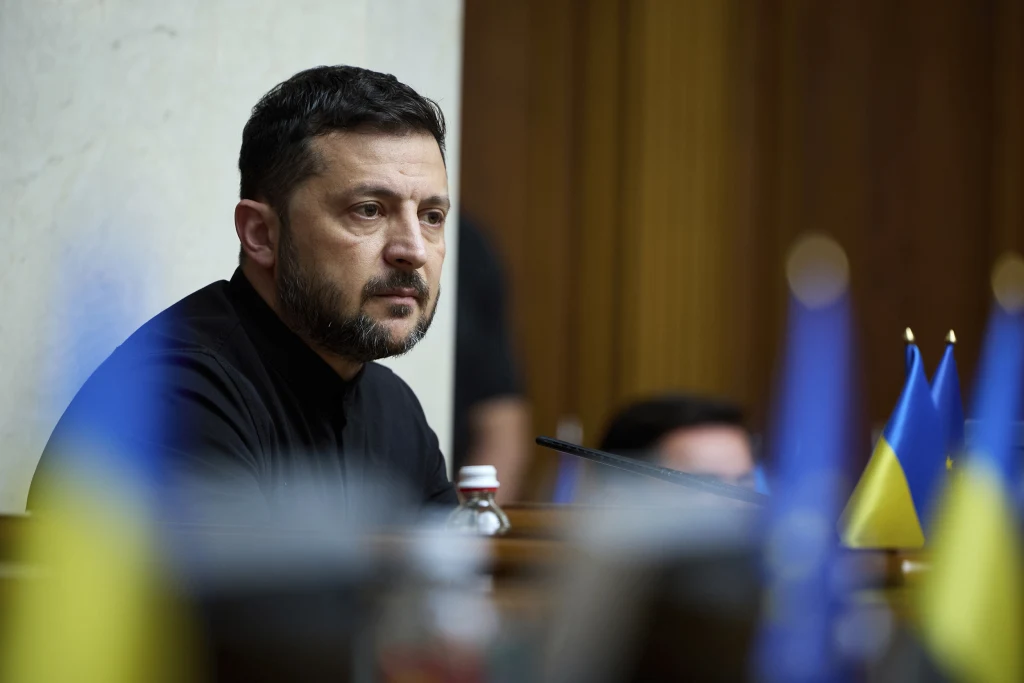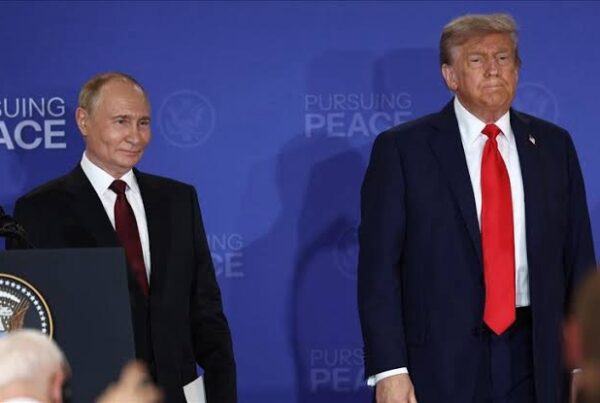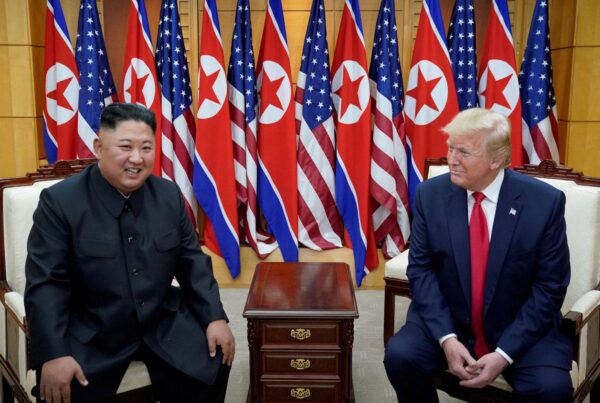The United States is weighing a high-stakes diplomatic move by inviting Ukrainian President Volodymyr Zelenskyy to Alaska on August 15, coinciding with a planned meeting between President Donald Trump and Russian President Vladimir Putin. If all three leaders attend, the event could become a pivotal moment in shaping geopolitics and the future of the Russia–Ukraine war, ongoing since 2022.
The plan was first revealed by NBC News, citing a senior US official and three other sources familiar with internal White House discussions. They described Zelenskyy’s attendance as “absolutely possible” and indicated growing optimism among supporters of the idea. So far, no formal invitation has been issued, but high-level discussions are ongoing within the administration.
Meeting Focus and Diplomatic Format Options
If the invitation is extended and accepted, the meeting’s format will be critical. The White House has yet to decide whether Zelenskyy would participate in a trilateral session with Trump and Putin or hold separate talks. According to Reuters, the initial focus remains on Trump–Putin bilateral discussions at the Kremlin’s request, though Washington is open to a more inclusive arrangement if circumstances allow.
International relations experts view the move as a signal that Washington aims to broaden negotiation channels and test all parties’ willingness to engage. The Alaska meeting would mark the first between Trump and Putin since Trump’s return to office, positioning the US at the center of global diplomacy.
Ukraine’s Firm Position
President Zelenskyy has repeatedly stressed that Ukraine must be directly involved in any peace agreement. He strongly opposes negotiations that exclude Kyiv, especially those involving territorial concessions as a condition for a ceasefire. “The path to peace in Ukraine cannot be decided without Ukraine,” he stated in a recent interview.
The Ukrainian government views an invitation to Alaska as both an opportunity and a challenge. Attendance could strengthen Ukraine’s position at the negotiating table but also risks political pressure if discussions lean toward unfavorable compromises.
European Pressure
European leaders, meeting recently at Chevening House in the UK, insisted that Ukraine’s interests must be safeguarded in any talks. They called for an immediate ceasefire as a first step, followed by reciprocal territorial arrangements and concrete security guarantees. Countries such as Germany, France, and the UK fear that a rushed process without clear frameworks could undermine Ukraine’s sovereignty.
According to Reuters, the EU bloc is prepared to send observer delegations to Alaska if Zelenskyy attends, ensuring transparency and fairness in the proceedings.
Wider Geopolitical Dimensions
The Alaska meeting could influence not only the Ukraine conflict but also the broader balance of global power. Washington seeks to position itself as the primary mediator, while Moscow aims to secure political legitimacy on the world stage. Zelenskyy’s presence would add complexity to the talks but could also open the door to a more comprehensive agreement.
For the US, this is an opportunity to reaffirm its role as a central actor in resolving global conflicts. The strategy’s success, however, will depend on all parties’ willingness to compromise and on sustained international support for any outcomes reached.
Washington’s consideration of inviting Zelenskyy reflects an intensified push to reshape the global diplomatic map. If it materializes, the Alaska meeting could be a turning point toward conflict resolution—or reinforce the divide between the parties. The world now waits to see whether diplomacy will lead or tensions will once again dominate the geopolitical stage.






